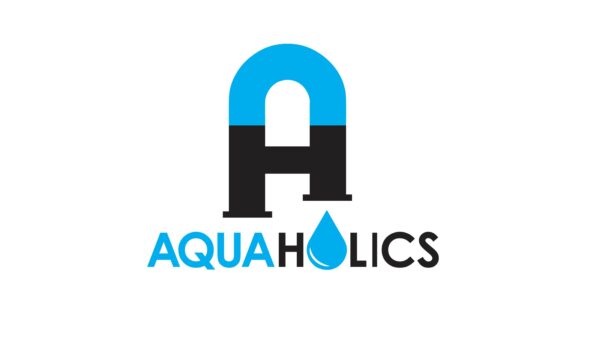The ever-changing situation of COVID-19 means uncertainty and change for many employers.
With all of NZ currently at Alert Level 4, Copeland Ashcroft provides some guidance on workplace law obligations with COVID FAQs.
Remember, workplace law obligations continue (regardless of Alert Level or Government support in place) and communication with employees is crucial for clarity and to manage the risk of any claims.
What has changed with the Wage Subsidy this time around?
To access the Wage Subsidy, there are new and more specific declaration requirements, and some of these have been introduced seeking to ensure legal obligations are met.
In the new declaration, employers need to have:
- Provided calculation and justification of the 40% forecast reduction in revenue in order to be eligible;
- Consulted with employees regarding the wage subsidy application, and obtained agreement to any changes in terms and conditions of employment, including rates of pay, hours of work and leave entitlements;
- Confirmed all workplace law obligations continue to apply regardless of Alert Level; and
- Obtained employee consent to sharing their information (with the Ministry of Social Development and other government and non-government departments) in making the application.
Do I need my employees’ consent before applying for the Wage Subsidy?
Yes.
Are there special rules for migrant workers?
If you have employees on work visas, a variation of conditions for this will be needed from Immigration NZ before changes to hours of work or rates of pay are made. This is to avoid any breaches of the conditions of the employer-assisted work visas.
What about having to repay all or part of the Wage Subsidy?
If forecasted reduction in revenue does not eventuate, any support received will need to be repaid. There will be ongoing reviews and audits of applications and businesses who access the Wage Subsidy. The declaration provided will be audited with possible prosecution/recovery of payments wrongly claimed expected.
If staff are not working do they have to be paid?
The rule of thumb is that if an employee is ‘ready, willing and able’ to work then they are entitled to be paid in accordance with their employment agreement. Why employees are not working is relevant to entitlement to payment.
For example, if employees are required to self-isolate by the Government, they cannot work and are therefore not entitled to be paid.
If employees cannot work from home because the work available is not suitable, there are a number of options and considerations as to whether payment is required, including what their employment agreement provides for.
Can I vary my employees’ hours of work or pay?
Employee agreement to changes in their work/pay is the safest way to mitigate the risk of future personal grievances and arrears claims.
Can I require employees to take annual holidays?
Agreement should be sought to take annual holidays, but if an employee won’t agree to take annual holidays, you can direct them to take annual holidays by giving them 14 days’ notice in writing of that requirement. You can only require employees to take outstanding annual holiday entitlements and not accrued annual holidays.

What are my obligations to my staff who are working from home and why do I need a policy?
Health and safety obligations extend to work done from home, and a Working from Home Policy is recommended. This should require employees to undertake a risk assessment for their home workplace, including to identify any issues with equipment, for example, and set expectations for remote work including any wellbeing support.
Do I have to pay a working from home allowance to cover costs?
No. This is optional. There are IRD guidelines on what can be included, for example, telecommunication tools and usage plans, acquiring home office furniture or equipment or increased electricity or other utility costs.
Can I require employees to be vaccinated?
Yes, but only if their role reasonably requires vaccination, based on a health and safety risk assessment supporting this or otherwise required by Government order. Most businesses do not perform work justifying mandatory vaccination, and many employers will simply strongly encourage vaccination. Best practice is to put in place a vaccination policy educating employees on expectations.
What planning can I do now for future Alert Level changes?
Best practice is to have in place a policy outlining what will happen for your workforce at each alert level. You will need to develop a strategy and consult with employees around how your business can operate safely, including identifying for example whether any employees are in the ‘at risk’ category and what additional PPE or other health and safety measures will apply.
For employers, the key message above all amongst the constantly changing updates is to remember workplace law obligations remain between you and your employees.
If you are concerned about managing employees or the risk of COVID-19 contact one of our specialist workplace lawyers for assistance.
Disclaimer: We remind you that while this article provides commentary on employment law, health and safety and immigration topics, it should not be used as a substitute for legal or professional advice for specific situations. Please seek legal advice from your lawyer for any questions specific to your workplace.
















































